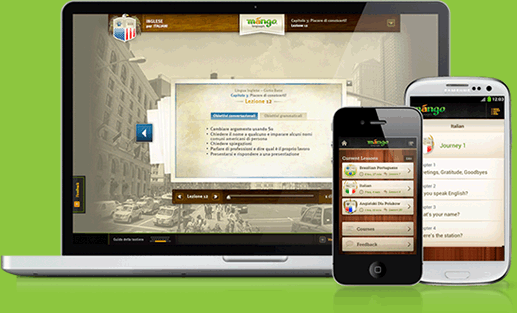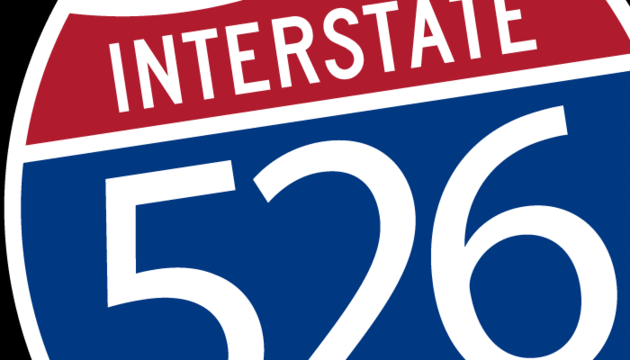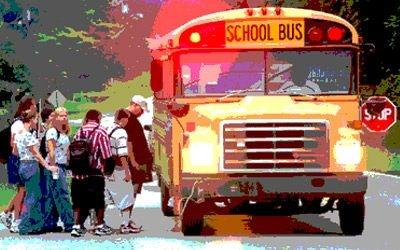
photo by flickr user Suzanne_C_Walker
There's a bill in the South Carolina Legislature that may allow more charter schools to enter the educational arena in our state, but what could that mean for Horry County?
A charter schools, as currently defined in legislation, is:
a public, nonreligious, nonhome-based, nonprofit corporation forming a school that operates within a public school district or the South Carolina Public Charter School District, but is accountable to the school board of trustees of that district which grants its charter. Nothing in this chapter prohibits charter schools from offering virtual services pursuant to state law and subsequent regulations defining virtual schools.
source: http://www.scstatehouse.gov/code/t59c040.php#59-40-55
A proposed change to that definition say that a charger school will operate by sponsorship of a public school district, the South Carolina Public Charter School District, or a public or independent
institution of higher learning.
Bill 3241 provides easier means for charter schools to form, and allows them new choices, such as gender-based admission. Another point of interest is the bill's provision for charter school students to participate in public school sports programs and other extracurricular activities.
As per proposed legislative changes:
(a) A charter school is eligible for federally sponsored, state-sponsored or district-sponsored interscholastic leagues, competitions, awards, scholarships, grants, and recognition programs for students, educators, administrators, staff, and schools to the same extent as all other public
schools.(b) A charter school student is eligible to compete for, and if selected, participate in any extracurricular activities not offered by the student's charter school which are offered at the resident public school he would otherwise attend. A charter school student is eligible to compete for, and
if selected, participate in an activity governed by the South Carolina High School League offered at the resident public school he would otherwise attend if the league governed activity is not offered at the student's charter school.(c) A charter school student is eligible for extracurricular activities at the student's resident public school consistent with eligibility standards as applied to full-time students of the resident public school.
(d) A school district or resident public school may not impose additional requirements on a charter school student to participate in extracurricular activities that are not imposed on full-time students of the resident public school.
(e) Charter school students shall pay the same fees as other students to participate in extracurricular activities.
(f) Charter school students shall be eligible for the same fee waivers for which other students are eligible.
Concerns over adding charter schools center on the issue that a portion of per-student funding for those attending charter schools is a direct loss for the public school that child was anticipated to attend. More, if charter school students are permitted to partake in extracurricular activities at their resident school, how will expenses for staff time and equipment, for example, not charged to the public school student be handled for those coming from charter schools? Could that be an additional financial loss for the public school? In an attempt to balance this conflict of interest, another amendment to the bill states that a local school board of trustees may deny a charter school application if it has the potential to adversely effect other students in the district.
When WMBF asked their Facebook fans how they felt about the possibility of more charter schools in South Carolina, many were parents of children in them, and the majority of all respondents were in favor, citing the benefits of school choice, innovative educational approaches to accommodate all types of children, and concerns over poor performance in our schools.
Currently, Horry County has three charter schools: Bridgewater Academy, Palmetto Academy, and Academy of Hope. For those unfamiliar with charter schools, in general, have a look at this pros and cons list provided by National Conference of State Legislatures. For more information, peruse the pages of the National Alliance for Public Charter Schools - just know it's biased in favor of them. I was unable to find an organization formally against charter schools, though there are several critical articles.
To learn more, check out this story by WMBF or read the full text of Bill 3241, including marked-up changes in its most current form, here.



